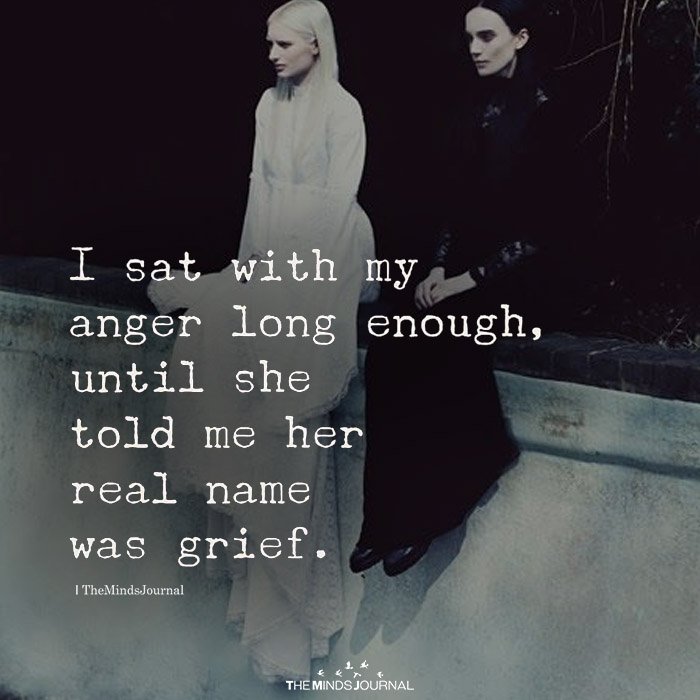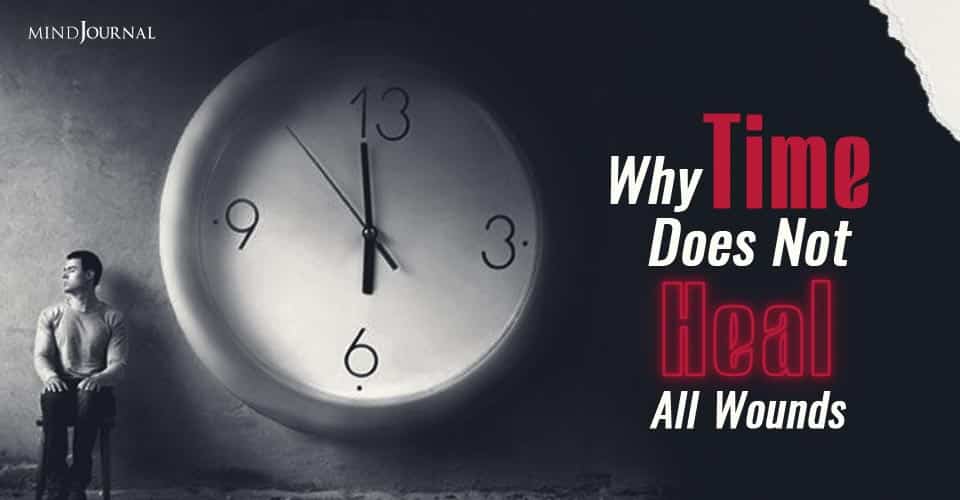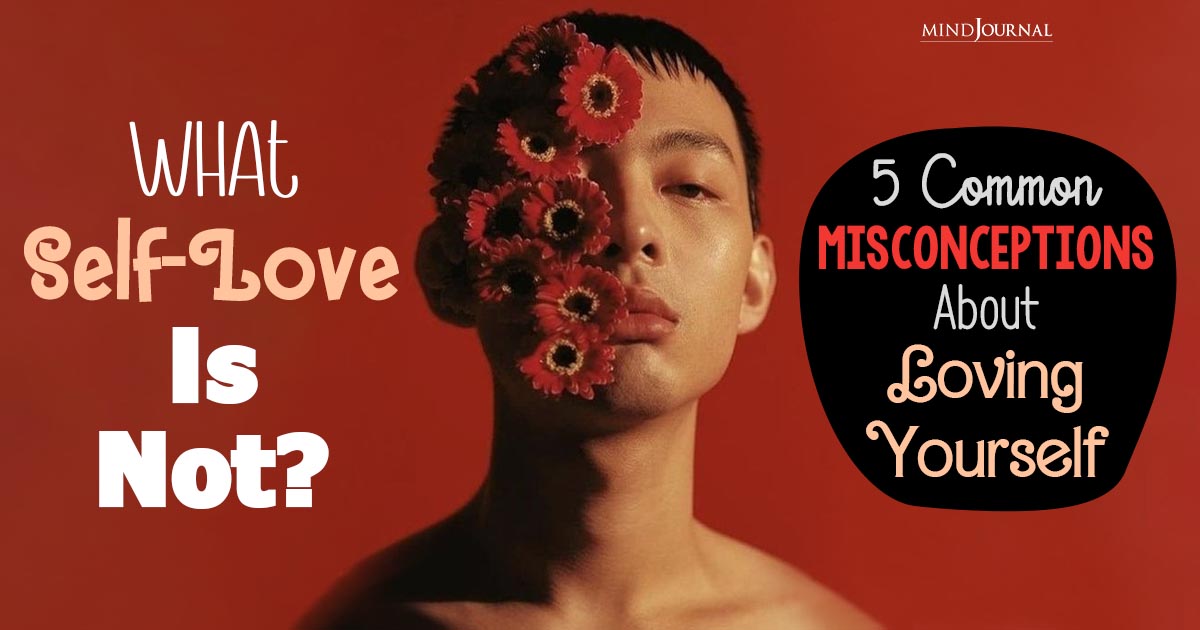“Grief is a most peculiar thing; we’re so helpless in the face of it. It’s like a window that will simply open of its own accord. The room grows cold, and we can do nothing but shiver. But it opens a little less each time, and a little less; and one day we wonder what has become of it.” – Arthur Golden
The healing benefits of time don’t apply to us if we aren’t doing the work. “Time heals all wounds.” We hear this phrase time and time again, but I hadn’t really thought about how inaccurate it is until recently.
The reality about “time healing all wounds” is this: Unless we are truly willing to process our deeply rooted, irrational beliefs about ourselves (such as “I am not good enough,” or “I am unlovable”), time doesn’t do anything.
When I was in high school, two of my friends died in a car accident. Seven years later, after four years of sobriety, I began to actually feel the weight of that grief. I learned the hard way that we don’t actually flow through the stages of grief when we are in an active addiction. Time didn’t heal my grief; time just passed while I continued to drink it away.
In 2015, I decided that I needed to seek out good therapy. I say good because not all therapy is beneficial. I’ve heard countless stories about friends or patients seeking therapy for years and simply venting for an hour while their therapist listened. That. Is. Not. Therapy.

I believe that therapy should be challenging, collaborative, and at times uncomfortable. It needs to be more than me hearing myself talk for an hour while someone listens with a blank expression on their face. (That’s just me, though.)
It was in therapy that I discovered an enormous amount of unresolved grief, childhood and adolescent trauma (which, of course, I had minimized), and a massive barrier that I had constructed between myself and genuine connection.
Related: 4 Steps To Have Hope In Hard Times
In the last five years of incredible therapy, I’ve uncovered so many more core underlying beliefs and complexes that I had no idea existed. My insight and awareness availed me nothing; I have my Bachelor’s Degree in Psychology and Master’s in clinical mental health counseling, but I still couldn’t make the connections on my own.
Over a decade after my first ever experience with rejection, I still am on the lookout for all coping behaviors, like seeking attention or putting my walls up. I have to continuously unlearn old patterns of thinking and acting on a daily basis, or else I so subtly sink back into them.
If one experienced trauma at age five, and they never dealt with it appropriately (with professional help), that trauma is still alive and well when they are 55. If I chose not to jump headfirst into my own emotional experiences and combat my fears with an open heart, there is no way I’d be able to be in a healthy relationship today.
The reality is this: Time doesn’t heal anything. Time presents us with the opportunity to bury our pain as deeply as we can.
The kicker, though, is that the pain will undeniably manifest in other destructive ways in our lives, even if we think there is no correlation. So if you’re sitting back, letting time go by so you can feel “better” about a certain experience, stop.
Maybe the point isn’t to feel better. Maybe the point is to feel. I challenge you to look inward, to lean into the discomfort, and to process your deepest and most vulnerable thoughts and feelings.
Make the most of your time. Create space to journal, to find a therapist, to confide in a close friend, or to pray. Allow yourself to speak to the part of you that hasn’t been heard, hasn’t been seen, and hasn’t been validated.
We all have parts of ourselves that have been buried so deeply that we’ve consciously forgotten that they are there. Subconsciously, though, they are running rampant.
I hope this article ruined your day. I hope it awakened you to a truth so deep that you’ve neglected to acknowledge it for years, or even decades. Because if you’re feeling that discomfort, that means I’ve touched something in you that didn’t want to be found. That means you’ve resonated with the words on this page, and your defense mechanisms are in full swing.
Related: The Five Stages Of Grief: Exploring The Kübler-Ross Model
Consider this your flashlight. Look inward.
And remember, be gentle with yourself.
Written By Hannah Rose Originally Appeared On Psychology Today










Leave a Reply